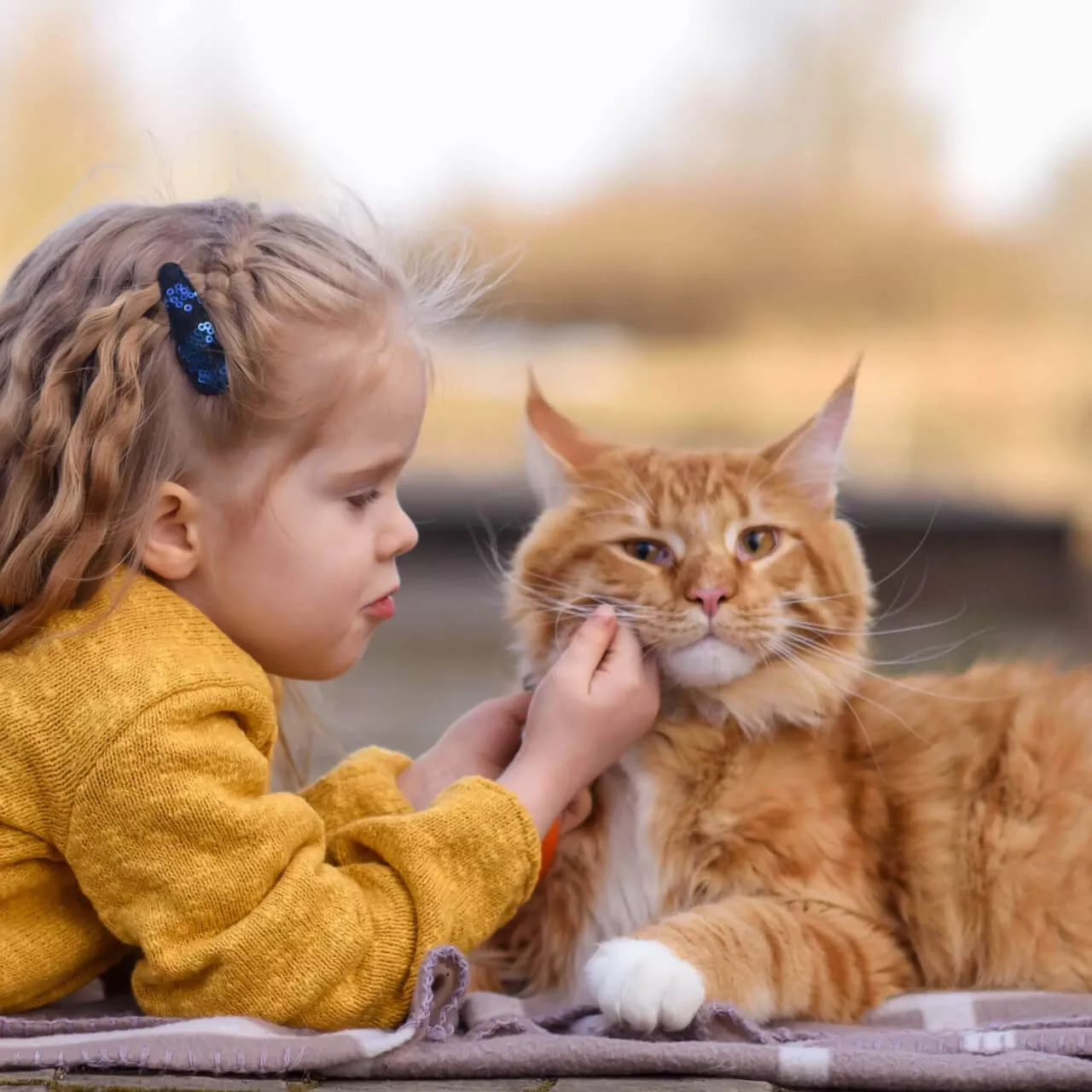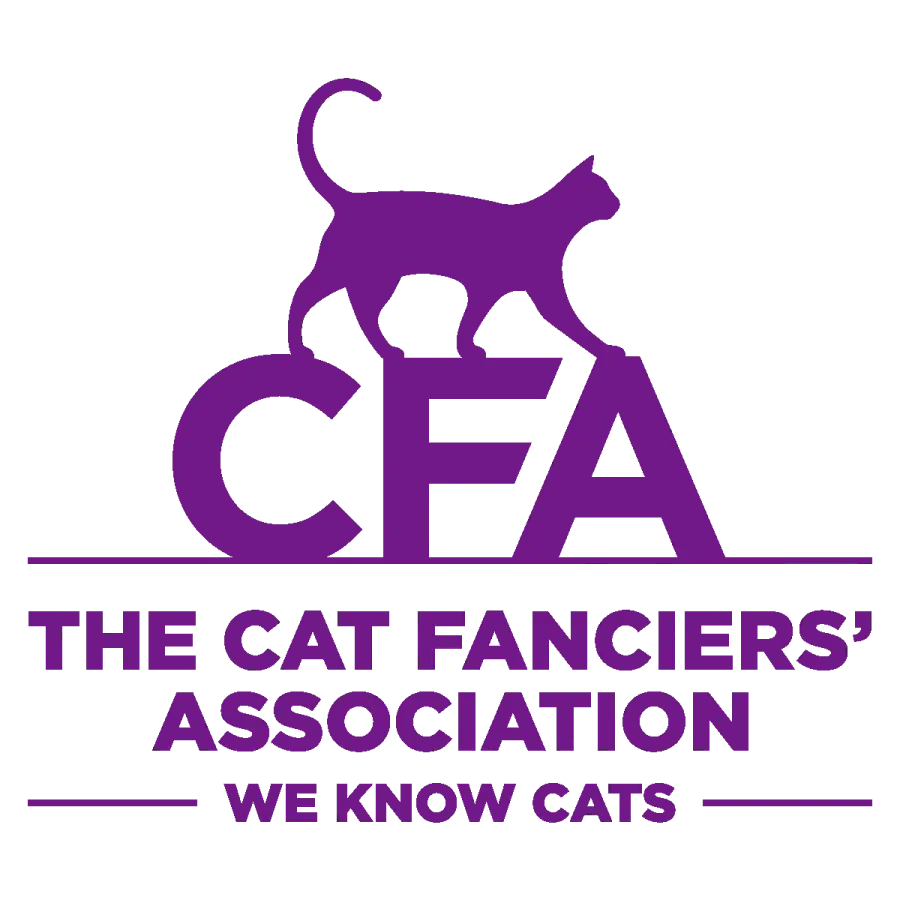Discover the perfect Maine Coon kitten at MeoWoff Kittens in Wood Dale, IL. Our store specializes in raising healthy, well-socialized kittens for loving homes.

Maine Coon kittens combine striking physical presence with a gentle, social temperament, and buyers searching for “Maine Coon kittens for sale” want both pedigree and health assurances. This guide shows how to locate reputable, TICA-registered Maine Coon breeders near you, how to verify health testing and pedigree documentation, and what realistic costs and care obligations look like before and after adoption. Many prospective owners struggle to distinguish trustworthy catteries from inexperienced or fraudulent listings; this article offers practical verification steps, documentation checklists, and a step-by-step adoption timeline to reduce risk. You will learn the defining physical and temperament traits of TICA-registered Maine Coons, the genetic and veterinary screens responsible breeders provide (HCM, SMA, PKDef and hip checks), and how pricing is affected by bloodline, registration, and geography. The sections that follow cover finding and vetting breeders, price drivers and typical inclusions, TICA breed attributes, health verification checklists, adoption logistics and contract expectations, practical kitten care, and concise answers to common buyer questions including how to spot genuine online listings. Throughout, the emphasis is on evidence-based checks, sample contract items to request, and clear signals that separate responsible breeders from risky offers.
Size and Development
A defining characteristic of the Maine Coon is its remarkable size. They grow into one of the largest domesticated cat breeds, a trait that is noticeable even in young kittens. An adult male typically weighs between 13 and 18 pounds, while females weigh between 8 and 12 pounds. A unique aspect of their development is their slow maturation rate; Maine Coons do not reach their full physical size until they are three to five years old, which is significantly longer than most other cat breeds.
Coat and Colors
Beyond their size, the coat of a Maine Coon is one of its most distinctive features. Even as kittens, they have a dense, heavy, and water-repellent coat—a clear adaptation to their origins in a cold climate. The breed comes in a wide variety of colors and patterns, including solid black or white, bi-color, tabby, and tortoiseshell. This diversity in coat appearance makes every Maine Coon unique.
Distinctive Features
Several other physical traits make the Maine Coon stand out. They have large, expressive eyes that typically come in shades of green, gold, or copper; however, white Maine Coons may have blue eyes or two different colored eyes. Their ears are large and wide at the base, often with distinctive tufts of fur at the tips. Finally, the Maine Coon’s bushy tail strongly resembles a raccoon’s tail, which is how the breed earned part of its name. This impressive tail not only adds to their beautiful appearance but also serves a practical purpose, as they can wrap it around themselves for warmth.
Health and Lifespan
With proper care and routine veterinary visits, a healthy Maine Coon can have a lifespan of 15 years or more. They are generally a robust breed, but it is important for owners to be aware of certain genetic health conditions. These can include hip dysplasia (a condition affecting the hip joint) and hypertrophic cardiomyopathy (a common form of heart disease in cats). Regular check-ups are essential for early detection and management, helping to ensure your Maine Coon enjoys a long and healthy life.
When it comes to their character, Maine Coon Kittens are as unique as how they look. Even with their big size and impressive look, these kittens are very gentle and have a great reputation for being friendly. They are social, loving, and known for their loyalty to the people they care about.
Even as kittens, Maine Coons show a fun and calm nature. They can play with toys for hours but are also happy to nap with their favorite person. A Maine Coon kitten often greets their owner at the door, much like a dog. They also love to play fetch.
Maine Coon kittens are very smart and curious. This shows in how well they solve problems. They learn quickly and adjust easily to new places and situations. Their natural curiosity makes them want to explore their surroundings. This trait makes them very interactive pets that enjoy being part of family activities.
However, even with their friendly nature, Maine Coon kittens also like their own space. They are happy to spend some time alone and do not ask for too much attention. This mix of being social and independent, along with their warm personality, makes them great companions.
Maine Coons are friendly with other pets and kids, making them great for any family. However, early socializing is very important. Introduce your Maine Coon kitten to various people, pets, sights, sounds, and experiences. This will help them become a balanced and well-adjusted cat.
Maine Coon Kittens are big and full of energy. They need a good diet that has plenty of protein. It is important to feed them high-quality kitten food that meets their special needs. You should pay attention to how much you give them. Feeding them too much can lead to weight gain, which many Maine Coons face. Always make sure they have fresh water, especially if they eat dry food.
Maine Coons are known for their soft, thick fur, which needs regular grooming to keep them looking great. Even as kittens, it is good to start a grooming routine. Brush your Maine Coon kitten’s fur at least once a week. This helps to stop tangles and hairballs. It also helps keep their skin healthy. Bathing is not needed very often because Maine Coons have coats that repel water. However, you should clean their ears and brush their teeth regularly. It is also important to check and trim their nails often.
Maine Coon kittens may seem strong, but they can have some health issues that owners need to know about. A common problem is Hypertrophic Cardiomyopathy (HCM), a type of heart disease found in this breed. It’s important to take them for regular vet visits, which should include heart checks. Maine Coons can also have hip dysplasia, which harms their hip joint. Make sure your Maine Coon kitten gets checked for these issues and receives the right care to prevent problems.
Maine Coon kittens can live about 10 to 15 years if you take good care of them. Many live even longer. They are a strong breed. With regular vet visits, good food, and a happy home, your Maine Coon kitten can become a healthy and happy cat.






maine coon rescue, maine coon cat for sale, maine coon kittens for sale, buy maine coon kittens, coon, coon cats for sale, coon kittens for sale, coons, coons for sale, kitten breeds for sale, kittens, kittens for adoption, kittens for sale, kittens for sale in maine, maine, maine coon, maine coon adoption, maine coon babies for sale, maine coon breed for sale, maine coon breeders, maine coon cat kittens, maine coon cats, maine coon cats for sale, maine coon for sale, maine coon kitten adoption, maine coon kitten for sale, maine coon kitten pricing, maine coon kittens, maine coon kittens available, maine coon kittens near me, maine coon litters for sale, maine kitten for sale, maine kittens for sale, pet maine coon kittens
maine coon cats for sale, maine coon kittens for sale, maine coon for sale